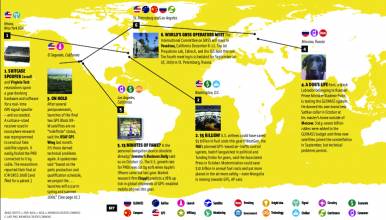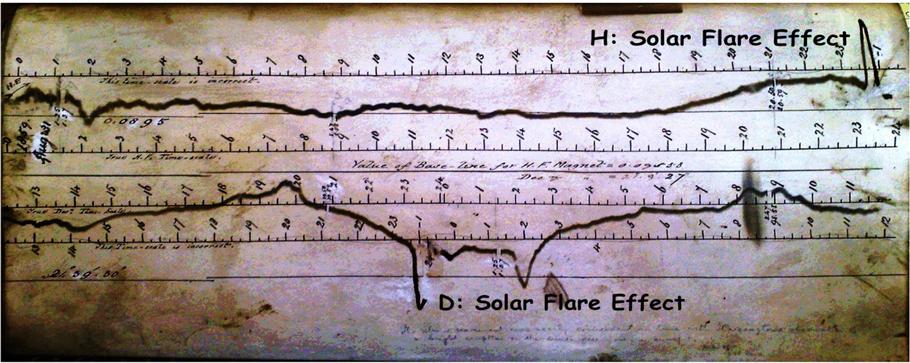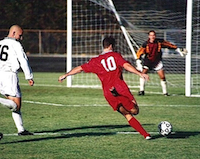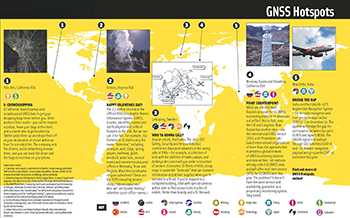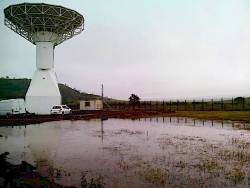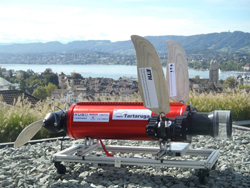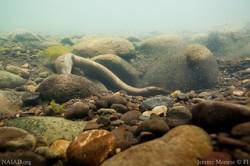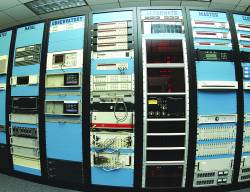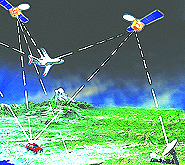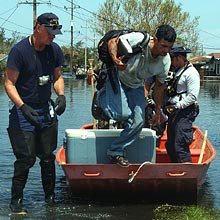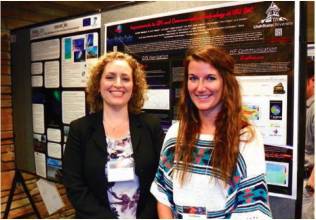Navipedia — The GNSS Wiki
 Javier Ventura-Traveset introduces Navipedia at the Munich Satellite Navigation Summit on March 14, 2012. He is responsible for managing Navipedia’s development as well as GNSS education activities for ESA.
Javier Ventura-Traveset introduces Navipedia at the Munich Satellite Navigation Summit on March 14, 2012. He is responsible for managing Navipedia’s development as well as GNSS education activities for ESA.Working Papers explore the technical and scientific themes that underpin GNSS programs and applications. This regular column is coordinated by Prof. Dr.-Ing. Günter Hein, head of Europe’s Galileo Operations and Evolution.
In the last 30 years, satellite navigation applications have grown in number and kind, entire new systems have emerged, and existing systems have modernized.
By Inside GNSS

